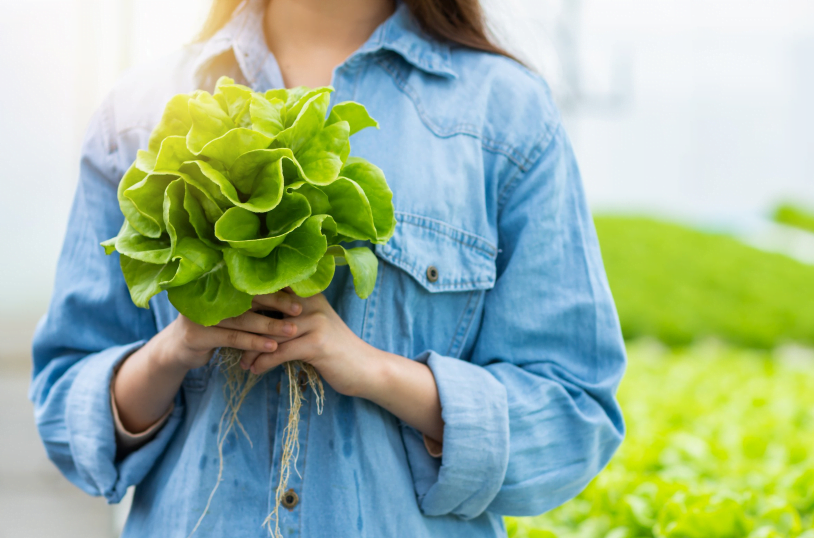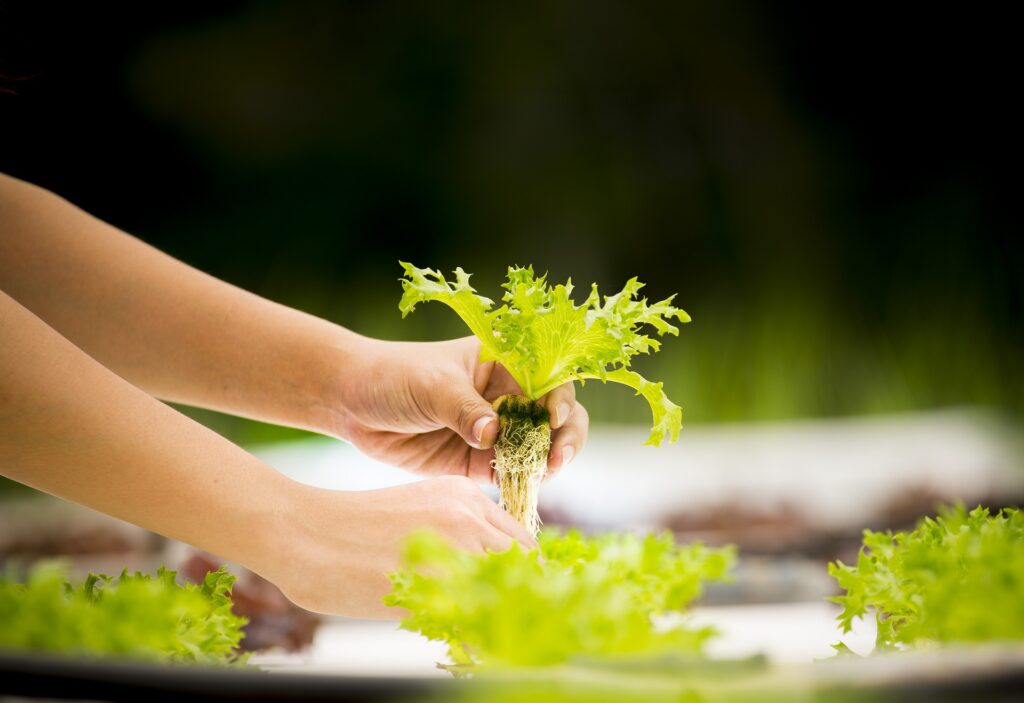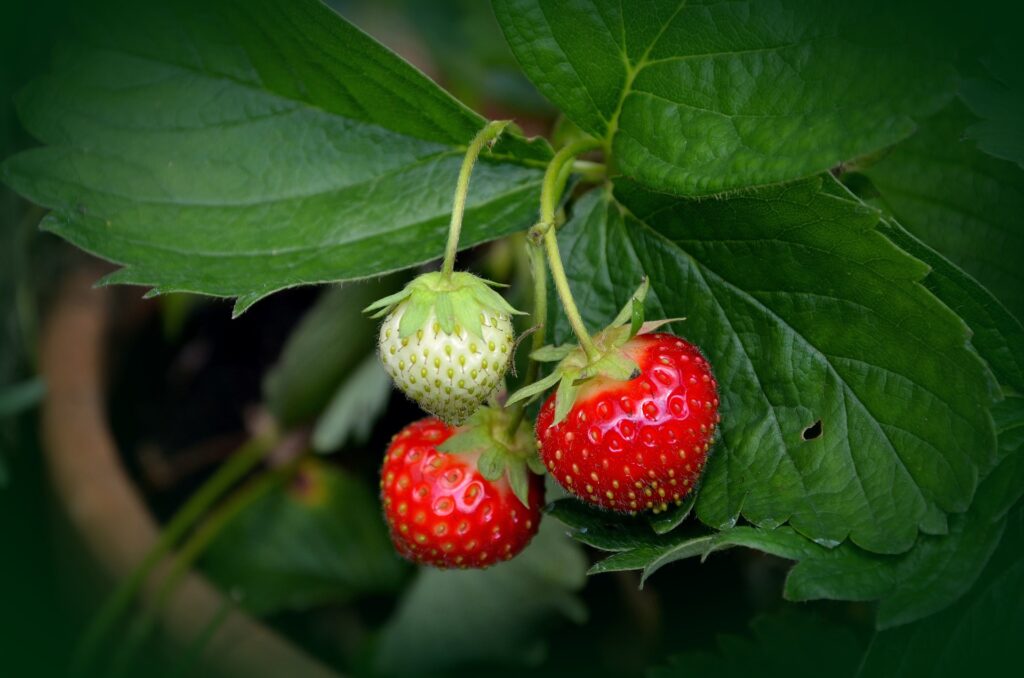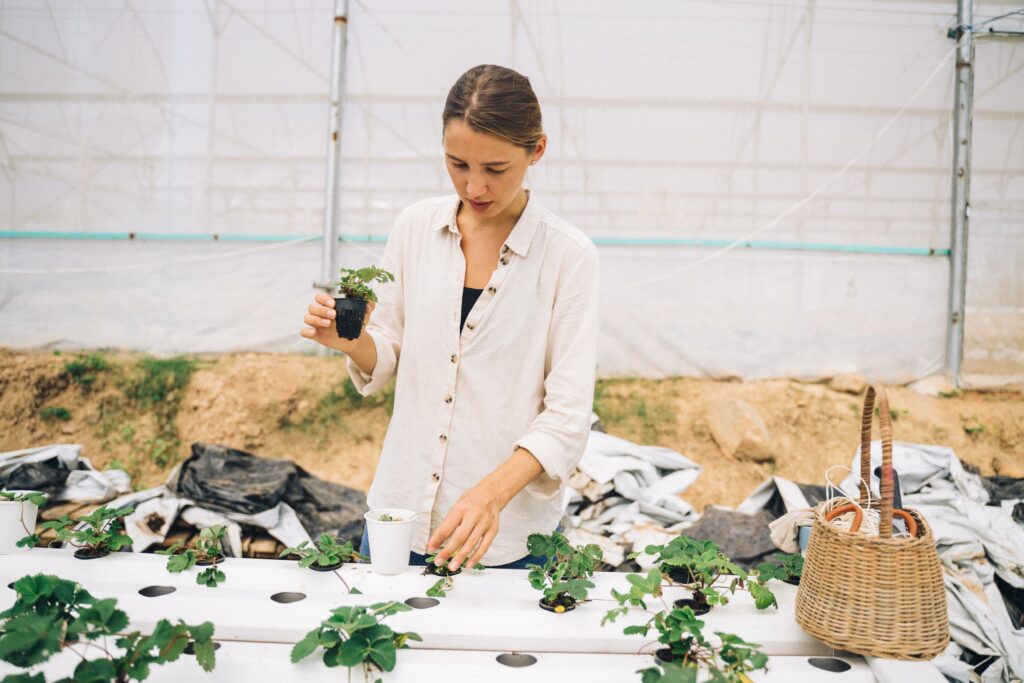A dog could very well be the most important animal on your farm. A farm dog is the guardian of your livestock and your home. It’s estimated that cattle ranchers suffered over $18 million in predator losses, and that’s in Texas alone!
Of course, it’s not as simple as going out and getting any dog. In fact, some dogs can cause more harm than good and may even kill your livestock if not properly trained. In this article, we’re going to talk about the different types of farm dogs and how to choose one.
Choosing the right type of dog
It’s best to purchase your dog from a working farm. A dog from the pet store, even if it’s the right breed, may respond poorly to being around livestock. You might also have more difficulty training them to do a job, because they were raised to be pets and not workers. Next, choose a dog that fits the job.
Herding Dogs
Are you a rancher that needs help rounding up your livestock? Then a herding breed may be for you. However, it should be noted that not all herding dogs are good guard dogs, so make sure you know what you’re getting in to. Herding dogs also require a lot of one-on-one time for training too. Here are some of the most popular herding breeds.
Australian Cattle Dog
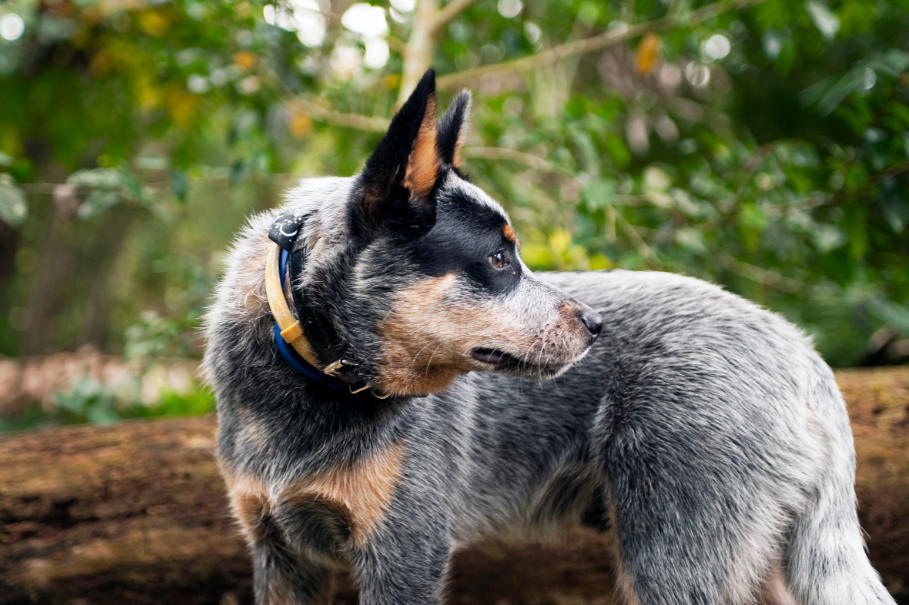
Loyal and hard-working, Australian Cattle Dogs are our favorite here at Romney Ridge. These dogs require a job to do, so make sure you work with them every day if you choose this breed. While we love these dogs, some people are iffy on their tendency to “nip”, which could end up injuring smaller animals.
However, if you have larger livestock like cows or sheep, they are incredible herding dogs. They’re intelligent, and in most cases, have a natural instinct for the work.
Border Collie
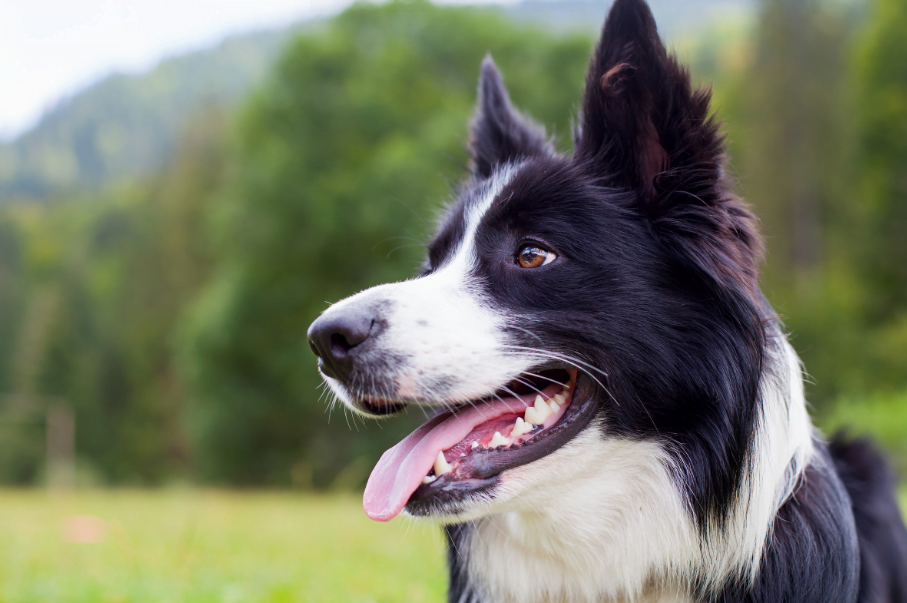
Everyone loves the Border Collie. These super smart and fun dogs have big personalities that quickly win people over. They’re easy to train, and often super focused on pleasing their humans. Don’t confuse the Border Collie with the Rough Collie though (Lassie), as that dog has been bred for show and is not a good choice for a working dog.
The Border Collie is an exceptionally hard working farm dog but a little less intense than the Cattle Dog. This makes them a good choice for small farms that need a farm dog that is also a good family dog.
Old English Sheep Dog
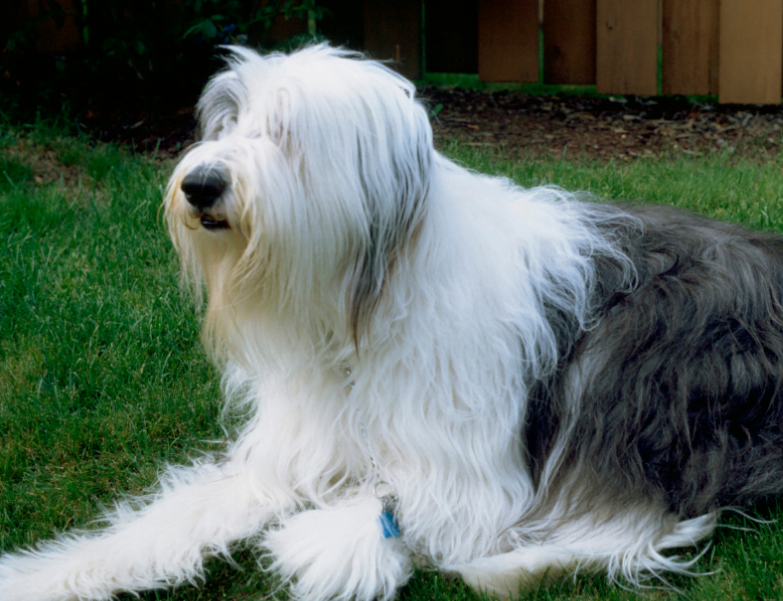
Looking for a herding pup with a little more brawn? The shaggy sheep dog may be for you, but be warned, these playful furballs have a habit of playing “tag”. By that I mean they like to slam the full force of their body into you, which can be a shock if you’re not paying attention. It’s all playful though, and these lovable dogs will quickly charm their way into your heart.
The Old English Sheep Dog is a gentle giant that makes a great all around farm dog. They excel at herding small groups of sheep, ducks, and other herds, but are a little more gentle than “nipping” dogs. They’re great look outs, and their size is impressive enough to make most predators think twice.
Livestock Guardian Dogs
More interested in a dog that will hang out in your fields and guard your livestock? Then a guardian dog is for you. These dogs are often much larger than their herding cousins, and they aren’t afraid to chase off predators looking to make a meal of your flock.
Great Pyrenees
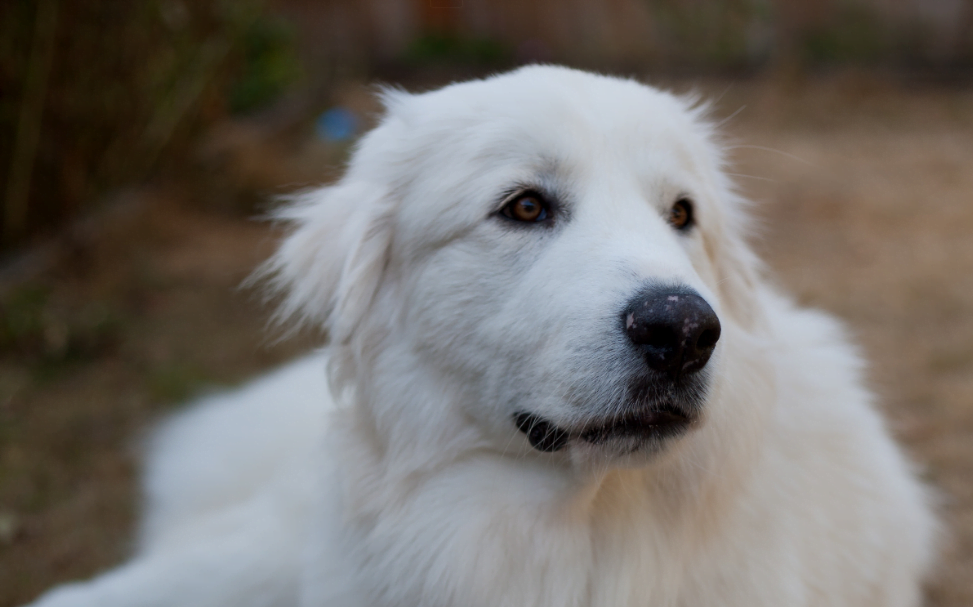
The Great Pyrenees is a trusted livestock guardian. While they appear slow moving, don’t be fooled. When danger appears, this giant will spring into action. However, they are very loyal to their human companions and are not aggressive towards them.
Unfortunately, many of this breed end up in shelters when people try to make pets out of them. The Pyrenees can be difficult to train, but if you put in the work, they’ll be a fantastic dog. You should know that they are very independent, and your commands may go unheeded.
Anatolian Shepherd
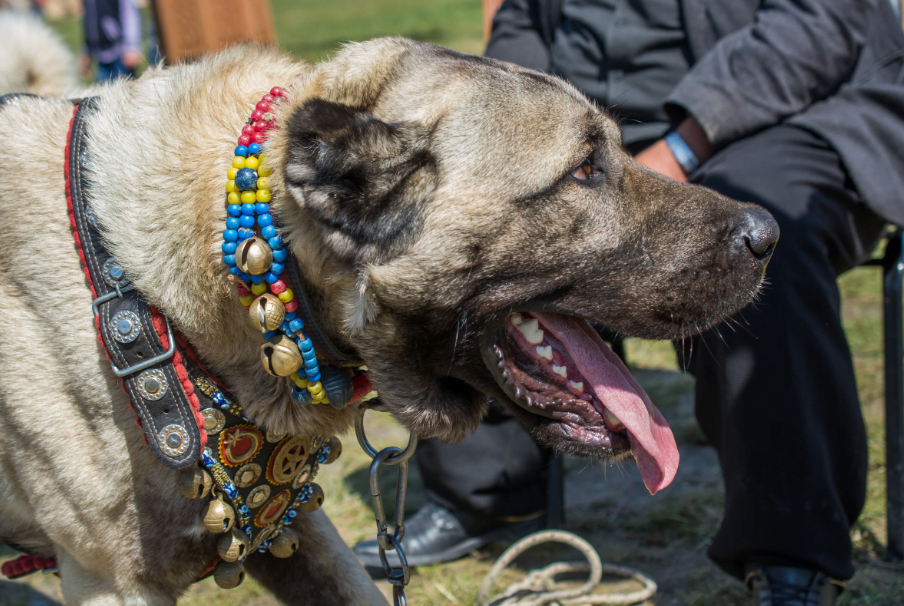
Similar to our last dog, this pup is also very independent. While not as eager to please as the Collie or the Cattle Dog, the Anatolian Shepherd can do its job with little supervision. These pups know exactly what to do, and they’ll patrol your property, searching for danger.
You should know that they will likely act on it as well. That means chasing off animal predators and human intruders which they see as a threat. However, be prepared, as this is a huge dog, and if you can’t handle a pup with a potential adult weight of 140 pounds, look elsewhere.
Maremma
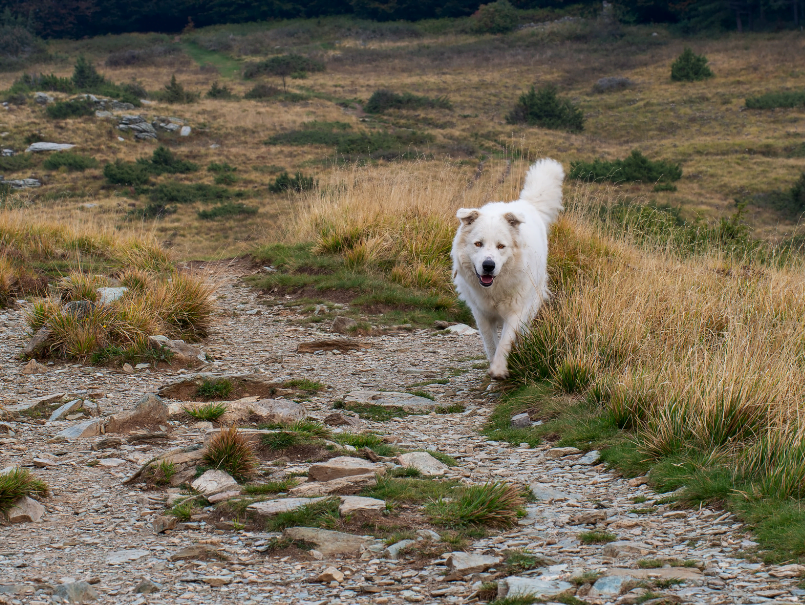
This interesting dog which hails from Italy is smaller than most guardian breeds. However, they are very loyal to their herd of livestock and are attentive protectors. They are also great family dogs though, and they love attention from both adults and children, making them a good choice for families.
These dogs are also a good choice if you’re looking to stop losses in flocks or herds. They will quickly spring into action to defend the animals they’re meant to defend, helping small farmers and homesteaders to limit losses.
Training and caring for your dog
A working dog is different than a pet. They need specific training and care in order to be up to the task of protecting your livestock. At a bare minimum you should try to learn a bit about canine nutrition and know that a farm dog is very active, and they’ll likely need more food than a couch potato pooch.
Second, you’ll need to make sure that you’re up to the task of training them. Some dogs are very stubborn, and you’ll need to be able to dedicate a good block of time to disciplining them. If you let them run the show, they will. So, make sure to be consistent in your training. Here are a few tips for training your farm dog.
- Introduce them to the animals with supervision
Never leave a new dog alone with your animals. You need to be 100% sure that this dog is able to handle being around livestock without getting scared or lashing out at them. They need to understand that these animals are part of the pack and that they are not to be harmed.
- Focus on basic obedience first
A farm dog that doesn’t listen to you is a bad farm dog. Before trying to train your dog to herd or guard livestock, first train them to obey your commands. Make sure they are quick to return to you, regardless of distractions, and know how to heel. A dog that can’t pay attention with animals running around will get himself into trouble.
- Take things slow and focus on one task at a time
Most dogs want to please their owners, and if there’s an issue with training them it’s likely a miscommunication. So, spend your time focusing on one task until they get it. For example, if you want them to stay near their livestock, then focus on that task until it’s drilled in and before moving on to something else. You should also teach them a verbal command as well like “go to the sheep.”
- Be prepared to re-home an unsuitable farm dog
Some dogs, even if they come from the correct breed, just aren’t cut out to be farm dogs. You may find that you have to re-home a dog as a pet when they fail to live up to the task. This is fine, and they may be a perfectly lovable pet for someone!

Bob learned about farming from his grand dad. So, the decision to leave the city and start homesteading was not a difficult transition. He now lives with his wife and two kids on their 30 acre property in Ohio.
